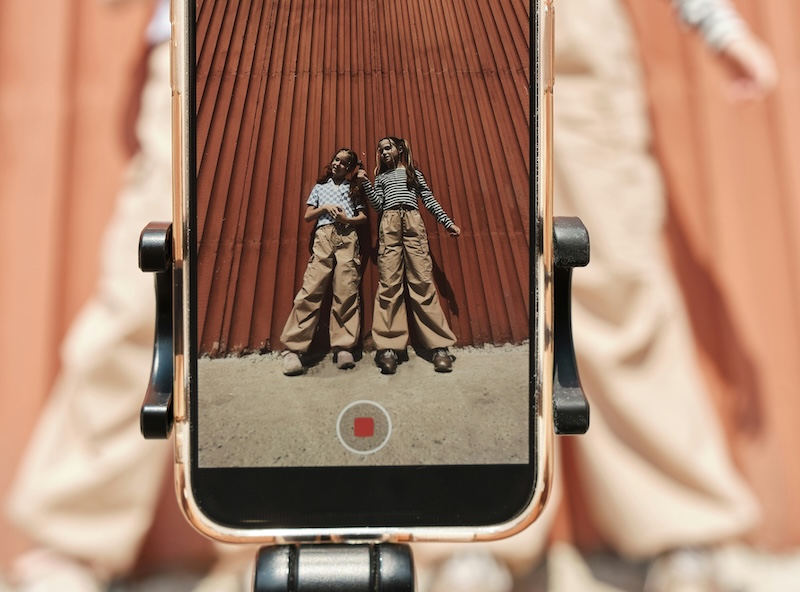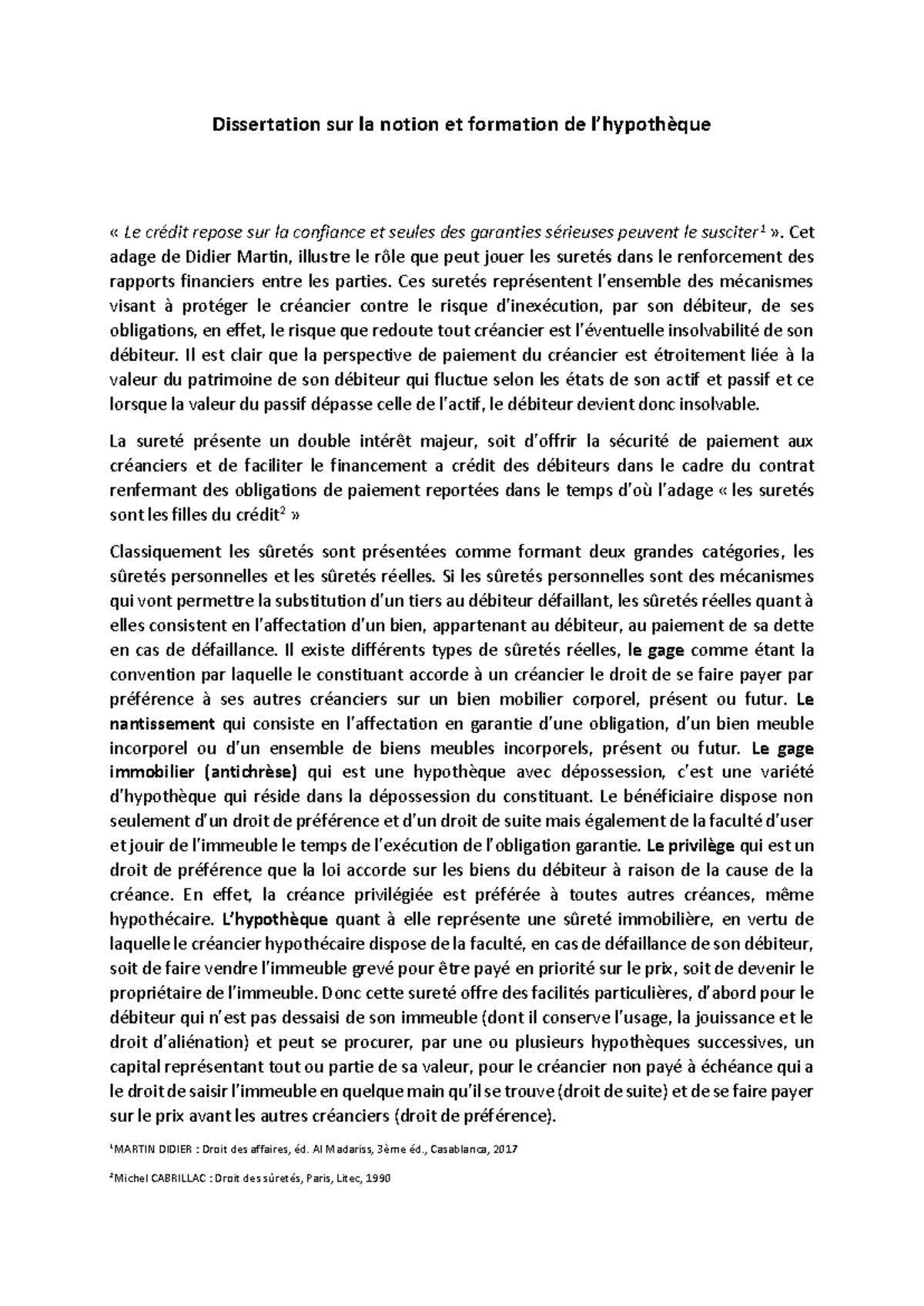Brands and advertisers around the world are looking for the magic formula to capture the attention of Gen Z. Because these adolescents and young adults (between 12 and 27 years old) are still a marketing conundrumbetween teenage purchasing influencers and young professionals freed from traditional codes of consumption.
Numerous studies, including Spotify’s sixth annual Culture Next Gen Z report, have recently appeared on the subject. So let’s try to crack the code.
Photo : Andrey Lišakov pour Unsplash+
Who is the enigmatic Generation Z today?
Generation Z represents 25% of the world population (20% in North America and 17% in Europe) (NIQ, GfK and World Data Lab 2024). But for statisticians and sociologists it remains largely elusive. Because “Gen Z” refers to a wide range of realities for people born between 1997 and 2012, and therefore between 12 and 27 years old. In addition to differences in social, family, cultural and economic situations, there are also geographical differences.
To remind us never to make generalizations about generations, let us also point out that according to the Generations Report 2024 from Ipsos, only 41% of 12-28 year olds identify with what the notion of Generation Z represents. According to Ipsos “As digital natives, they could form cross-border ‘global tribes’, united by a specific and enduring generational culture, while distinguishing themselves locally.”
What is the purchasing power of Gen Z?
In France the purchasing power of Gen Z was only 4% of expenses of households in 2022 (Source OC&C), compared to 13% in China and 7.5% globally. Based on global figures updated in 2024, it already represents 17.1% of spending and consumption (out of a global total of $57.6 trillion) and should represent 18.7% by 2030 (World Data Lab, Generations Forecasts). This is why brands and advertisers must already try at all costs to elucidate the “Gen Z” enigma to capture tomorrow’s consumers today.
What makes Gen Z tick?
Despite all their differences, Gen Z also shares certain values and habits that influence their consumption of culture, products and services. We are of course talking about internet and social media consumptionon mobile, and global audio and video streaming platforms from Netflix, to Amazon Prime, Disney+ and Spotify.
In the United States, 35% of Gen Z spend more than 4 hours a day on social networks and only 4% less than an hour per day. For 54% of Gen Z, their favorite platform is YouTube (80% spend time there and have the reflex to search for educational and entertainment video content), followed by Instagram (75%), TikTok (69%) and Snapchat (63%). (Report Morning ConsultJanuary 2024)
Spotify: 251 million Gwen Z users (2024)
Music and audio content are a big indicator of the tastes of Gen Z, a heavy consumer of mobile entertainment. According to Spotify, 251 million Generation Z users use its platform in their everyday lives (Editor’s note: or 40% of its 626 million users in more than 180 markets, as of September 2024). Methodological precision: Gen Z surveyed by Spotify are between 15 and 24 years old. Methodology details and global figures available at Spotify’s site for advertisers.
Among the Spotify content most appreciated by Gen Z:
- The videowith extracts from the artists’ videos streamed. Video consumption by Gen Z on Spotify increased by 81% from 2023 to 2024.
- Audio books. 18-34 year olds (the oldest Gen Z and the youngest Millennials born in the 90s) represent 57% of audiobook listeners on Spotify.
- Personalized contentespecially with DJ IAa suggestion tool based on listening history, launched in February 2023. Gen Z and Millennials represent 87% of AI DJ listens.
Generation Z needs social connection but is disappointed with social media
According to the Spotify report, Gen Z is looking for social connections and authentic connections, both in real life and online. But this generation is also disillusioned with social networks which, according to them, increase the feeling of isolation.
In fact, 54% of young Generation Z in France believe that people are lonelier today than 10 years ago. Ipsos had also measured this feeling of stress or loneliness shared by 56% of 12-28 year olds.
(Editor’s note: Let’s remember that Gen Z was between 2 and 17 years old 10 years ago, and that in the meantime their reality has been considerably disrupted by Covid, the economic crisis and their entry into adulthood)
Gen Z is turning to music and podcasts to find more authentic connections. To socialize, she practices the “blend”that is to say, merging your musical tastes in a playlist shared with your friends or even celebrities like Charli XCX, Diplo and Lizzo. 60% of Blend playlists created and shared on Spotify in the last two years are by Gen Z users.
From “doom scrolling” to depression
Gen Z also seeks to be the author of their own adventure on the networks and thus to avoid passive and excessive consumption of content or « doom scrolling ». This “frantic scrolling” can lead to addictive and depressive behaviors.
Let us specify that globally 28% of Gen Zs, and 24% of millennials say they are anxious. In the United States, they are three times more likely than anywhere else in the world to report that they currently have a mental health problem. 16% even declare themselves depressed. (GWI report « Connecting the dots » on 2024 trends) Some major brands are already positioned on this issue with awareness campaigns. Let us cite in particular Dove and its project “ Self-esteem » which aims to protect adults and children from toxic beauty relayed by social networks.
Gen Z creators of the “soundtrack” of their lives
Music plays a key role in the lives of young people aged 12 to 27 since it gives rhythm to everything their first significant experiences and emotions and they want to share them. They also seem to already be anticipating their future nostalgia since 81% of French Generation Z declared in the Spotify study “the music I listen to now will always have a special place in my heart”.
(Editor’s note: this phenomenon of attachment and nostalgia is well known to advertisers who can use the musical cues of a generation to create an emotional connection and long-term memorability. Spotify has already carried out experimental studies in neuromarketing to identify what type of advertising to broadcast based on the music or podcast listened to and thus transfer the listener’s “engagement” to the advertising.)
A generation Z also connected to “live”
Another particularity of this pre-nostalgic generation: its desire to live more fully in the present and to participate in “live” events. The Ipsos study “ Generation 2024 » (June) also confirmed for us this relationship of Gen Z to the present. Thus in France, 71% of Gen Z think that “the important thing is to enjoy life today and that tomorrow will take care of itself”.
74% of members of Generation Z have attended a concert or live music show in the past year. But attending a “live” concert can be financially inaccessible for many young people, which opens an opportunity for brands. In fact, 44% of French Generation Z declare that they would “more likely to purchase a product from a brand after discovering that it sponsors live music events or concerts”.
A Gen Z who wants to stand out but also adopts “mainstream” behaviors
The mysterious Generation Z is currently crossing the bridge between childhood, adolescence and adulthood. A pivotal period where tastes are defined and can freeze. It is therefore interesting to see that Generation Z is not necessarily non-conformist or “bold” in their musical choices.
Thus 74% of young people surveyed by Spotify describe their generation as “mainstream”. But be careful, Gen Z’s musical mainstream is not that of their parents with artists with hybrid influences who break free from classic musical genres, such as the Cypriot Artemas, the Brazilian Ludmilla and the American Chappell Roan.
(Source : 6e Rapport Culture Next Gen Z de Spotify)
Séverine Godet


